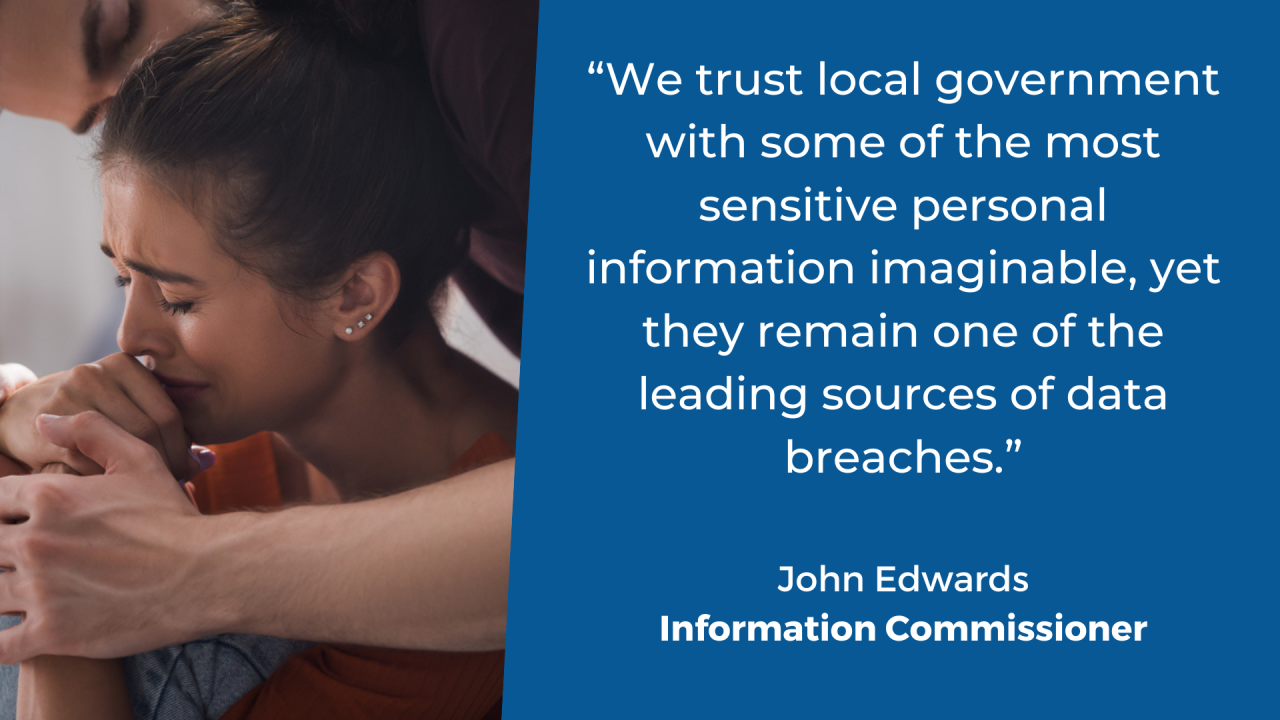Local government has been urged to recognise how data breaches can have real-world impacts on people’s lives.
According to figures from the Information Commissioner's Office, nearly 30 million people across the UK have experienced a data breach, with 55% of adults reporting that they’ve had their data lost or stolen and 30% experiencing emotional distress as a result. Despite this, a quarter of adults asked said that they didn’t receive any support from the organisation responsible.
The ICO also conducted qualitative research into their experiences following an information breach, with this including people being forced to move homes, leave jobs, or face discrimination because of the data that was stolen. This led to people telling the ICO that the organisations responsible failed to sufficiently recognise the impact on their lives.
Domestic abuse survivors and those living with long-term health conditions are among the vulnerable people who are often disproportionately affected by data breaches, with these people potentially already being in precarious situations. By disclosing their information without authorisation, those vulnerable people can face heightened risks, especially when data breaches occur at the local government level.

Information Commissioner John Edwards said:
“There are two important things I need organisations to understand: empathy and action. You have a role to stop the negative ripple effect in someone’s life from spreading further. It is vitally important to acknowledge what has happened, be human in your response and commit to making sure it doesn’t happen again.
“We trust local government with some of the most sensitive personal information imaginable, yet they remain one of the leading sources of data breaches. This is not just an admin error – it is about people. When data is mishandled, it can have serious and long-lasting consequences, particularly for people in vulnerable situations. We need local government to do better.”
Whilst local government holds highly sensitive data, ranging from people’s medical histories to their private addresses, the sector consistently ranks as one of the top areas for data breaches. With nearly one in ten reports coming from the local government sector, many of the incidents come as a result of human error, a lack of necessary security, or outdated systems that aren’t fit for modern data protections requirements.
Image credit: iStock



















